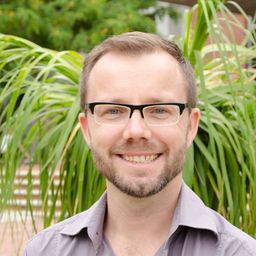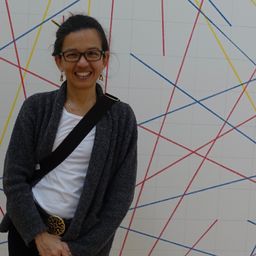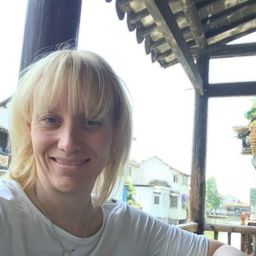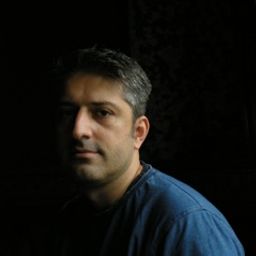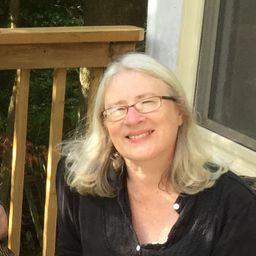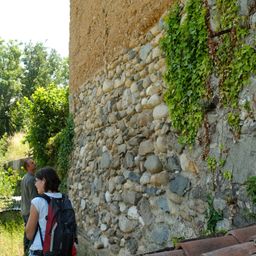Activism, Civil Society and Heritage
Mon statut pour la session
This session acknowledges the emerging trends in heritage studies which take into account what may be described as relational aspects of heritage construction, such as those inspired by Deleuze, which examine heritage in terms of assemblages (Harrison 2013), Latour’s actor-network theory (Krauss 2008), or other approaches that are increasingly considering heritage as part of human, material and social flows. The premise of this session is that heritage is constructed, contested and negotiated through actions of players or actors and within traceable places and spaces (arenas) through the course of time. Of interest here are the mechanisms of heritage construction and contestation as well as the conceptual and theoretical perspectives that may drive interpretation of realities on the ground.
The session is open to scholars from any field of enquiry. We invite contributors to focus on different aspects of heritage in diverse areas to examine questions including but not limited to the following:
• Activism is not limited to individuals. A player in heritage may be an individual, a compound player such as an NGO, or even a state entity such as a heritage organization with divergent internal perspectives. Who is a heritage activist? How do activists identify themselves?
• How does the material turn in social sciences, with its recognition of the role of non-human actors and distributed agency, transform our understanding of contentious heritage?
• What is the micro-politics of heritage in social movements, including preservationist movements?
• What is the relationship between heritage and individual or collective activism?
• How does activism change heritage and how does heritage change activism?
• How does engagement with media transform heritage? What are the preferred modes of communication and media for heritage and why? What does the preference tell us about the relationship between civil society, public sphere and heritage?
• How and why is heritage transformed into a cause?
• How does advocacy for heritage manifest itself?
• Where does contestation take place? And why?
• What is the role of space and place in forms of contesting heritage? Does contestation lead to new definitions and experiences of place and space? At what scales?
• Other questions that may explore the relationship between agency, materiality, affect and heritage will also be considered.
Sous sessions
The nascent Yangon preservation movement poses a radical paradigmatic shift in perceptions of history, national identity, and Asian urban modernity. It accomplishes this through generating public debates regarding what constitutes Yangon heritage as it exists or is remembered in the built environment. This seemingly circumscribed architectural concern is in fact a form of activism. By invoking an international discourse of conservation and in promoting a cosmopolitan urban history, the loc...
Debates spanning the value of urban heritage have recently intensified with the increasing belief that tangible and intangible heritage are “indivisible.” Conflicts over this position reach their clearest expression within the city as the everyday practices carried out by a range of different urban actors are increasingly threatened by the desire, especially in a UK context, to privatize and commercialize the public space. This paper is located at the heart of this conflict as it will seek...
In August 2014, head archaeologist Katerina Peristeri and her team unearthed the entrance to a structure in the Kasta mount near the ancient site of Amphipolis in Northern Greece. The site, which has come to be known as the “Amphipolis tomb,” has revealed among other finds, a marbled entrance “guarded” by two sphinxes, two Caryatids, a mosaic floor depicting Pluto’s abduction of Persephone, and the remains of five dead. After the appearance of the first media articles on the Amphi...
Conflict generates new lore, and the Maidan, anti-governmental protest in Ukraine in winter 2013-2014, is no exception. Ukrainian recent digital protest lore refers to urban folklore and popular culture, folksongs, children lore, folk beliefs, and storytelling. Looking through the concepts of Aesopian language, carnivalesque culture, necroaesthetics, stiob and anecdotes, storytelling, and liminality, a researcher can consider protestors’ efforts to transform hierarchical relations in socie...
Movements such as Occupy Wall Street, embracing the immanent possibilities of the “here and now,” assert the affective presence and radical potential of “imagined communities.” Radical geographers call such communal acts the reanimation of anarchistic sensibilities in a politics of direct action. Such acts do not only lie in large public spectacles of protest such as Occupy, but also in community actions located in the everyday. This paper will address one such activity where the affective...
Kingston, Ontario (three hours drive west of Montreal), was the childhood home and seat of political power of Sir John A. Macdonald, the first prime minister of Canada. Walking around the city, it is impossible to forget this. There are twelve plaques about Macdonald in Kingston public spaces. A grand statue of Macdonald in a cape stands on a pedestal at the corner of City Park. Sir John A. Macdonald Boulevard is one of the city’s major thoroughfares; Sir John A. Macdonald School is its ne...
Trowulan is a sub-district in East Java, Indonesia, and the site of the thirteenth- to fifteenth-century Majapahit Empire. As a kingdom that established relationships across the contemporary boundaries of Indonesia, the Majapahit is an important nationalist symbol. Majapahit artifacts have provided a moral obligation and source of authority to colonial and then national bureaucracies since Raffles noted their presence in 1815. Trowulan includes an estimated ninety-nine square kilometres o...
Exploring the performative question of heritage implies going beyond conventional and institutional practices, to foster on its most innovative expressions, including performance, experimentations or new languages. These new forms of narrative frequently emerge from diverse stakeholders such as inhabitants, craftsmen or artists. Although they do not necessarily master the heritage discourses, they take a key role in the heritage construction process. This role is particularly present in th...
Hospitality and hostility stems from the root word “hostis,” which could mean guest or host, friend or enemy. Hostis, according to French linguist Emile Benveniste, “originally involved someone in an equal, reciprocal relationship demanding trust, a laying down of one's weapons, a conversion of hostility into hospitality.” Heritage advocacy groups and activists have been employing carefully curated tactics and strategies in order to reclaim heritage or use heritage as a main argument for r...
This paper will build on and develop my previous work on heritage activism (Mozaffari 2015 and in press). I will examine instances of the representation of heritage activism in mass media in Iran in search of recurring themes or leitmotifs in communications between heritage activists and their audiences; ordinary citizens, but also powerful players such as politicians, heads of institutions and others in positions of power. Following James Jasper’s ideas in contentious politics, the starti...

